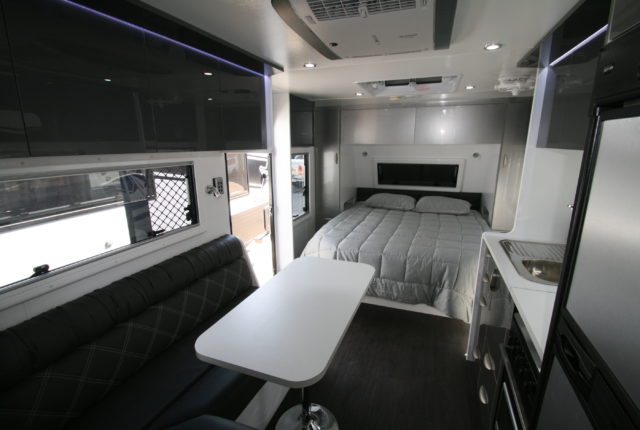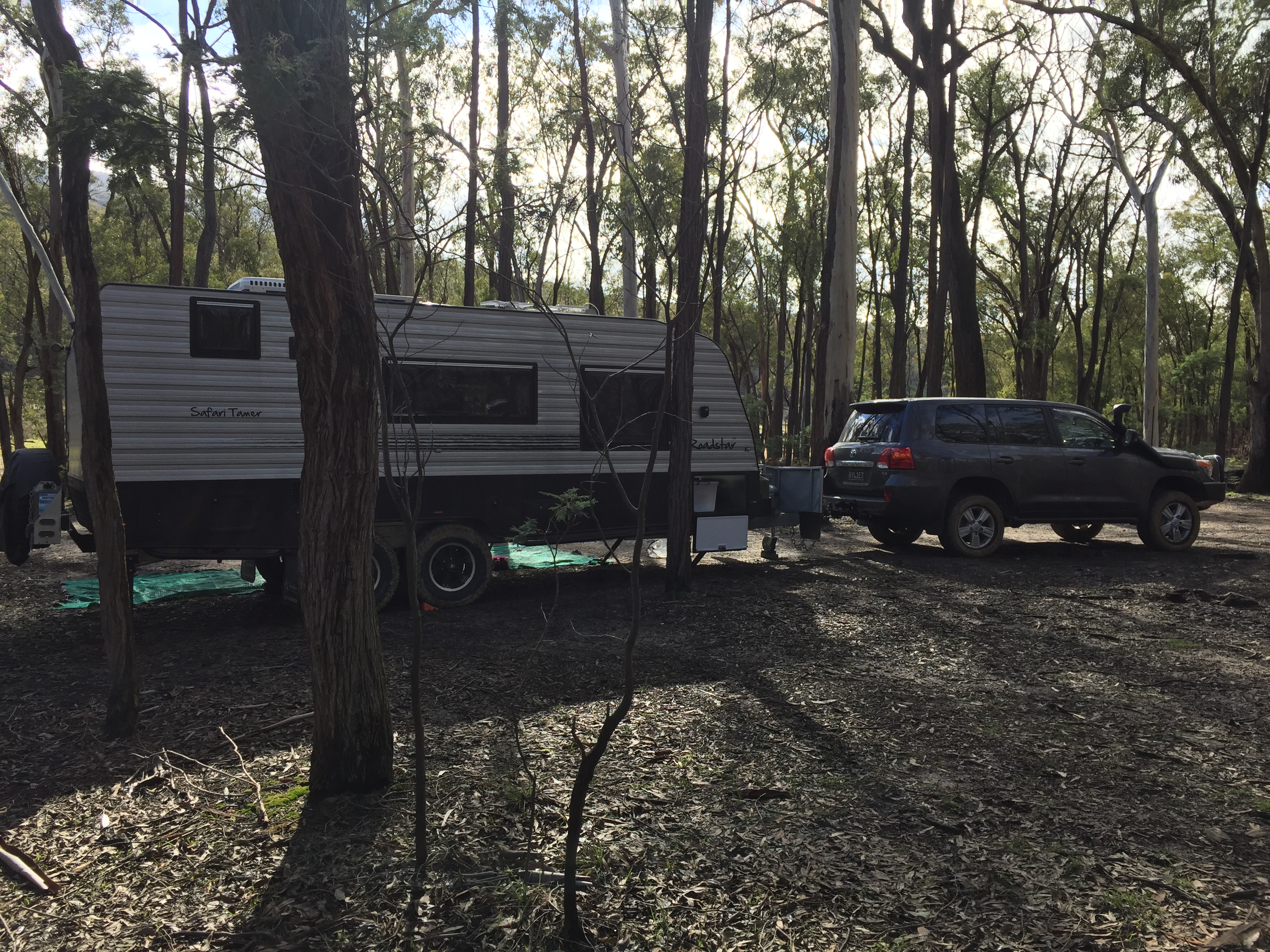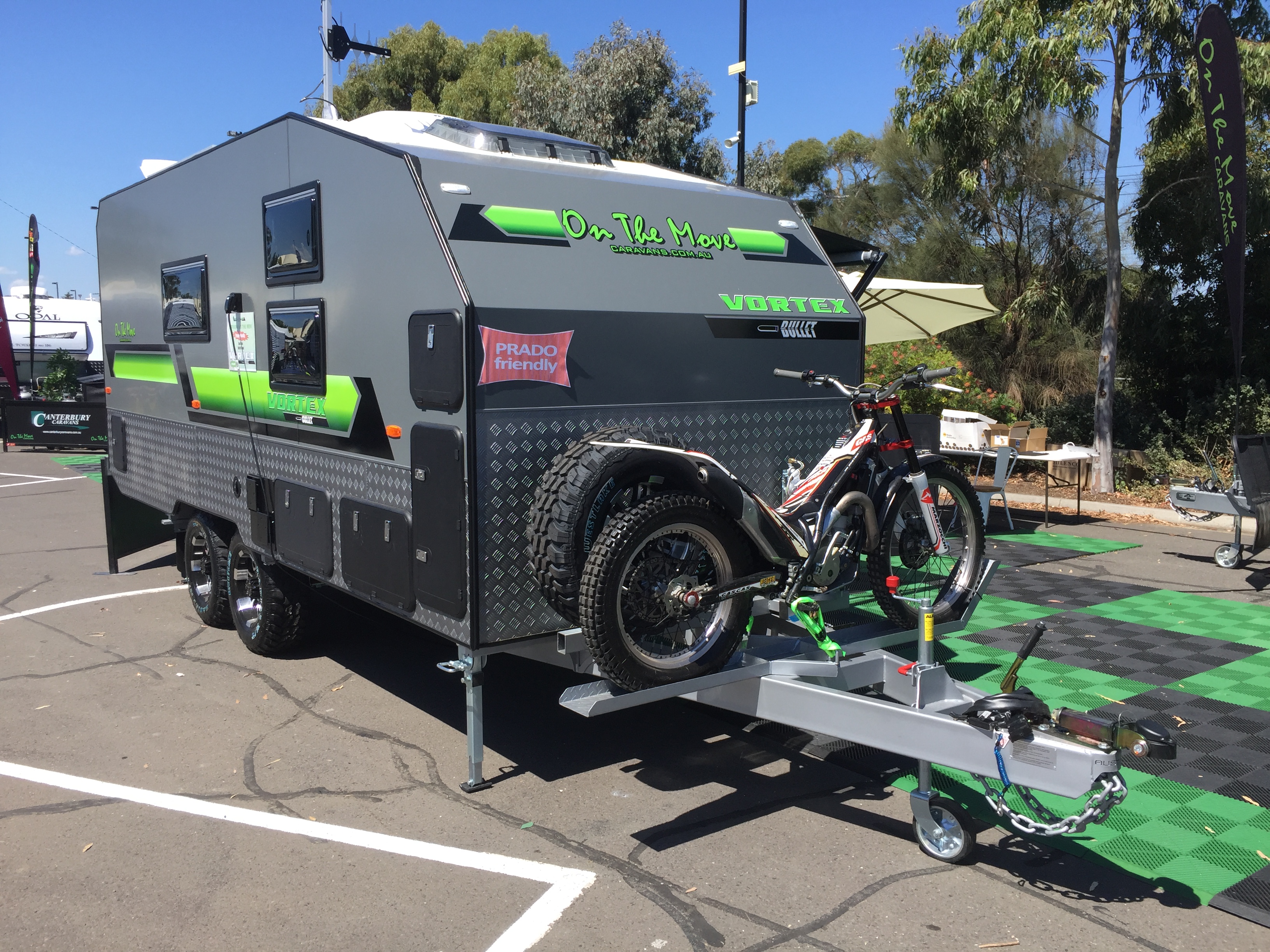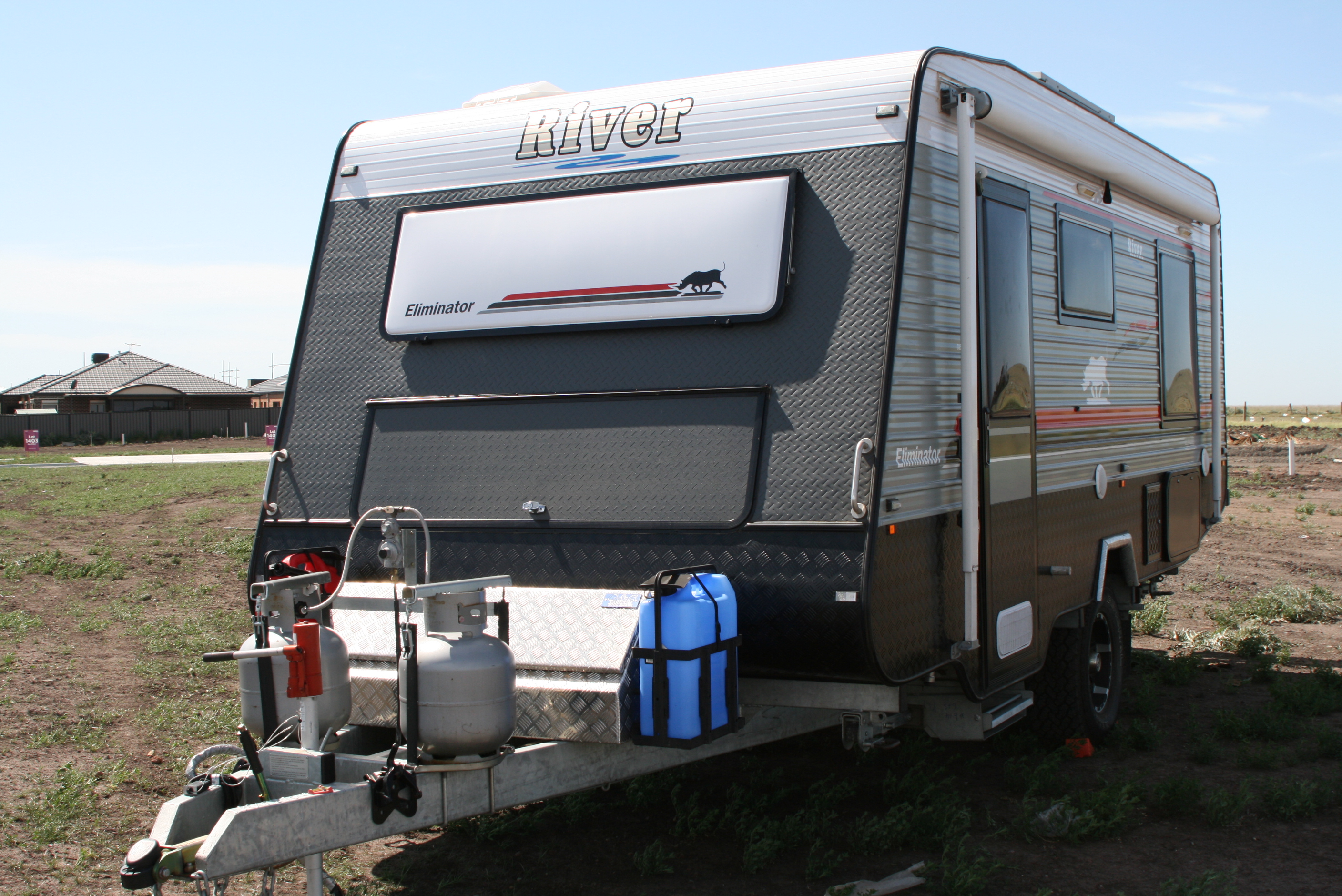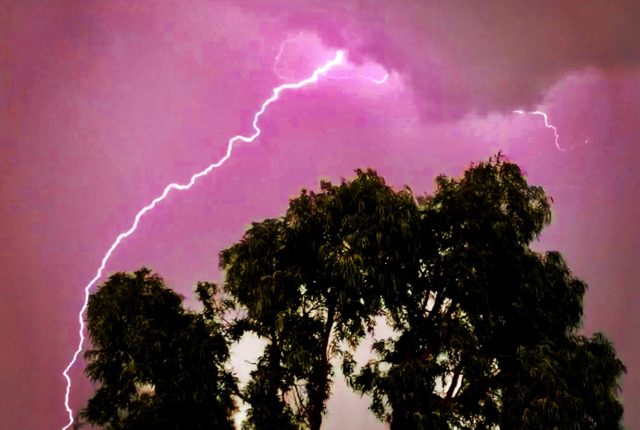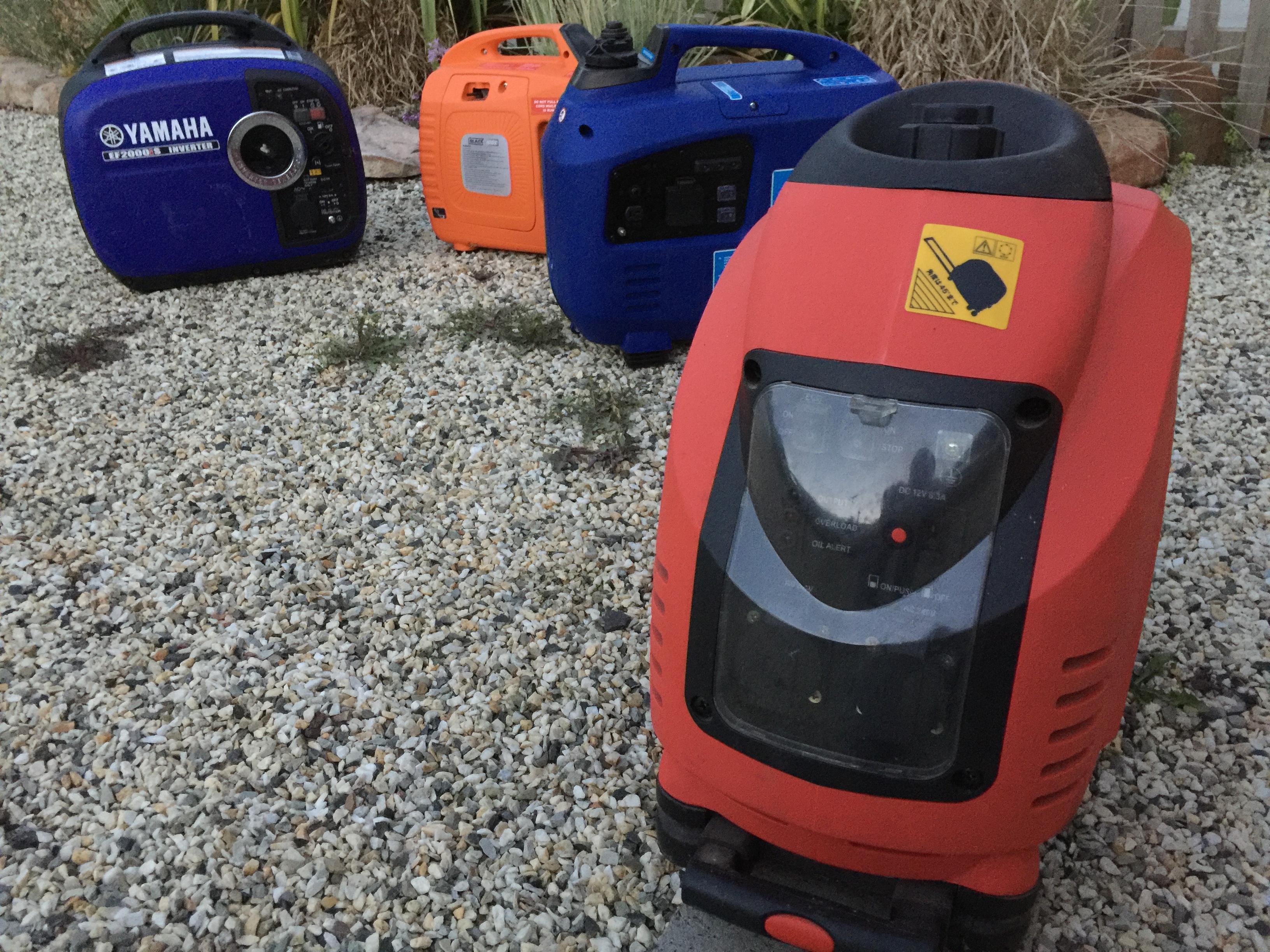Three years ago, we sold our first caravan to a lovely couple from Newcastle and when Graeme and Jo came to pick up Mick, it was like we had known them for years. From memory, it took half a day and 3 bottles of wine before we said our farewells and waved our new found friends and our beloved Mick, good bye. Its was sad to see our van go but we were both very happy that Mick was going to give another couple a start into off road caravanning.
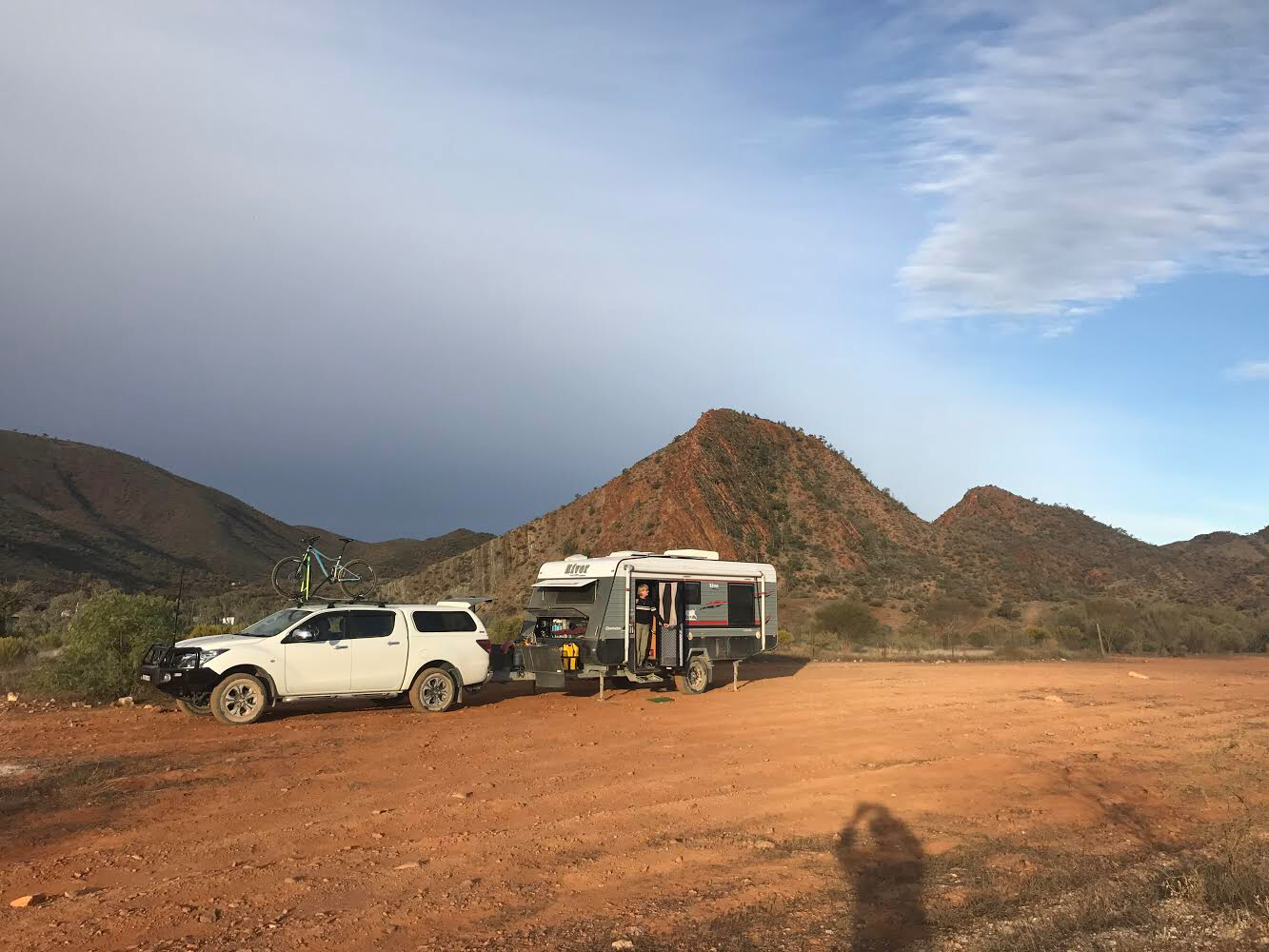
Since that day, Kylie and I have often thought about Mick and how he was going. Well, last week, we found out. Graeme and Jo got in touch with us and sent us some pick of their adventures with Mick. Yes, he is still going strong and his owners are taking him into the sort of country he was so well designed for. His strong chassis, heavy duty suspension, cut away rear end and off grid systems were designed to take on everything this country has to offer.
Seeing the pics of Mick reminded me of the debate that tends to go on many caravan facebook groups about what makes a caravan a true off roader. From my perspective, everyone looks at off roading differently. What I consider off road may not necessarily be the same as the next person. For instance, driving along a dirt road its probably technically considered off road but you can take an on road van along a dirt road as long as you exercise some care and perhaps take some preventative measures to ensure anything vulnerable to damage is protected in some way.
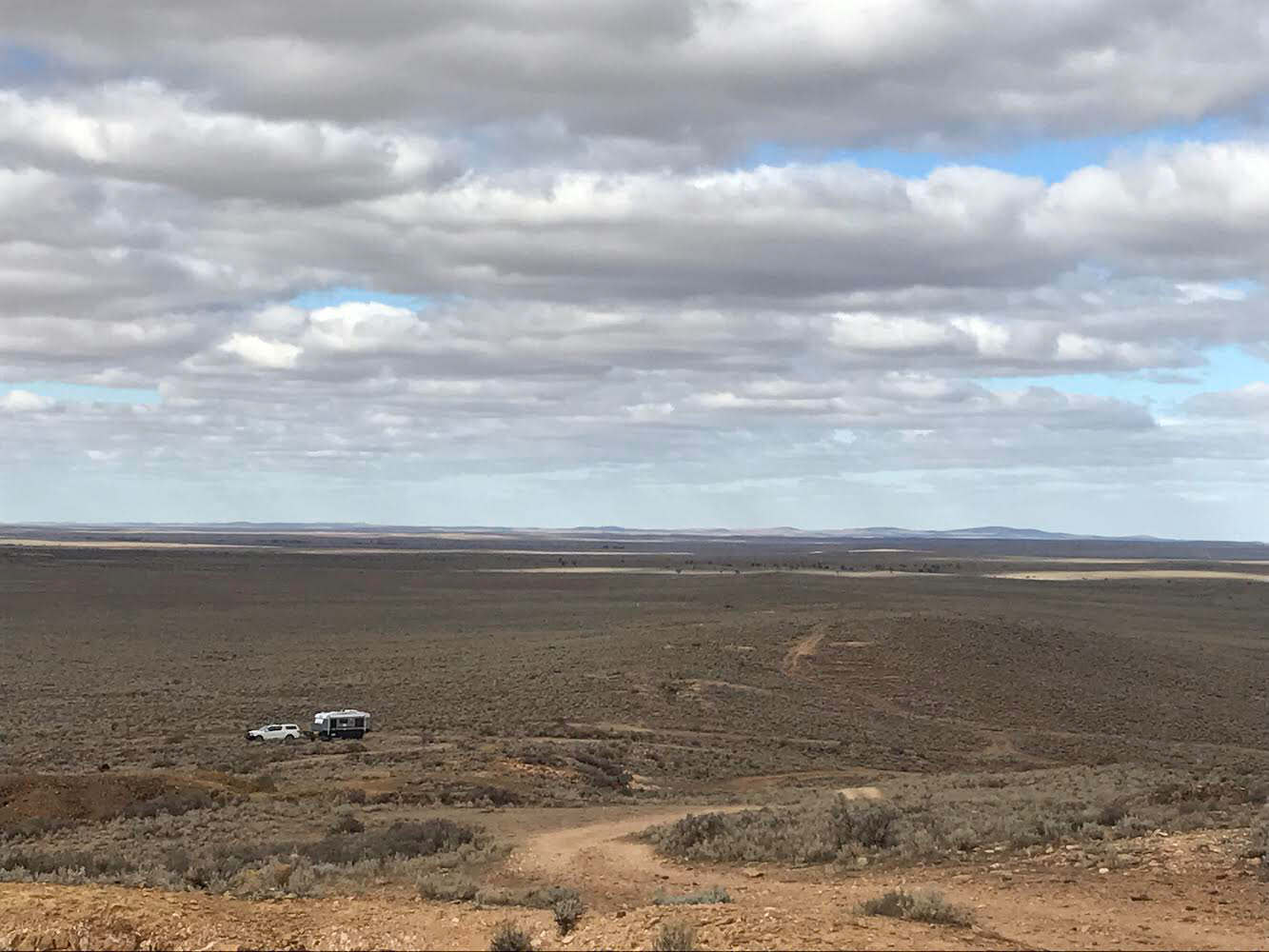
What I find amusing is that, for some, off road means going fully off road, in the sort of terrain that would challenge the capabilities of any purpose built 4WD. That's a nice idea but the practicalities of towing a 2.5m wide full size caravan of any length in that sort of terrain is just plain stressful. Unless you have endless funds to fix the inevitable damage you will cause to your car and van in such conditions, it really isn't a viable proposition. Leave it to the Gall boys I reckon.
I have taken our current caravan off-road and I can assure you there is no fun negotiating a goat track with a 20' town house on wheels in tow, no matter how suitable it may be for that terrain.
For me and for the majority of us regular folks, the true definition of an off road van is one that can survive hundred and thousands of kilometres traversing outback roads and tracks. A van that will cope with endless stretches of corrugations while, at the same time, being able to sustain the occupants off grid and self contained for a period of at least 3 days or more. It doesn't have to cope with extreme 4wd tracks but it should be able to negotiate deep river crossings and perhaps short tracks that lead into a remote camping site.
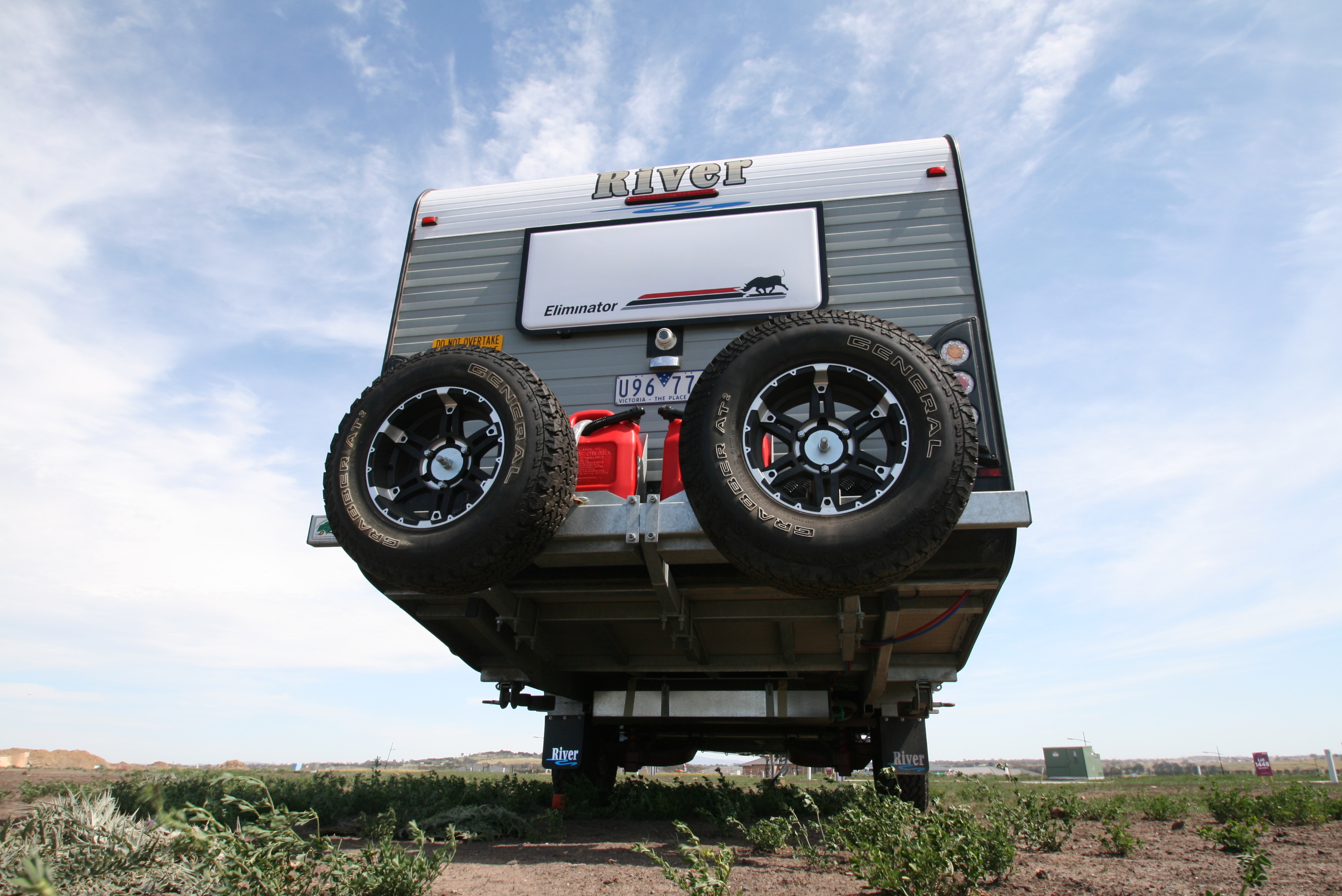
While agreeing on what constitutes a good off road van can be debated till the cows come home, I think its pretty easy to identify the sort of features that should not be part of an off road van. Exposed plumbing, weak chassis, basic suspension, these are the sort of features that are best left to the purely on road vans.
There's a few links to some relevant articles at the end of this post that go into this subject a bit deeper. In the mean time, if you are looking for an off road van, I suggest you join up the Off Road Caravanning in Australia facebook group. As one of the few groups dedicated to purely off road caravans, there is a wealth of information and advice available from their 11,000 members.
Back onto Mick and his new owners. It was awesome to touch base and we wish Graeme and Jo all the best on their adventures with Mick and hope to catch up with them some time.
Safe Travels.


